Drinking too little water, drinking too quickly, or consuming too much water at once may seem harmless—but these habits could quietly damage your kidneys over time.
The kidneys are vital organs responsible for filtering blood, eliminating toxins, and maintaining electrolyte balance in the body. However, many people unknowingly develop water-drinking habits that can negatively impact kidney health. According to urology experts, improper hydration habits over a long period can lead to kidney stones, kidney failure, and other serious conditions.

1. Drinking Too Little Water Throughout the Day
This is one of the most common mistakes. When the body is dehydrated, the kidneys cannot effectively filter the blood, causing waste products to build up and increasing the risk of kidney stone formation. A study published in the American Journal of Nephrology found that individuals who drink less than one liter of water per day are over 50% more likely to develop kidney stones compared to those who stay properly hydrated.
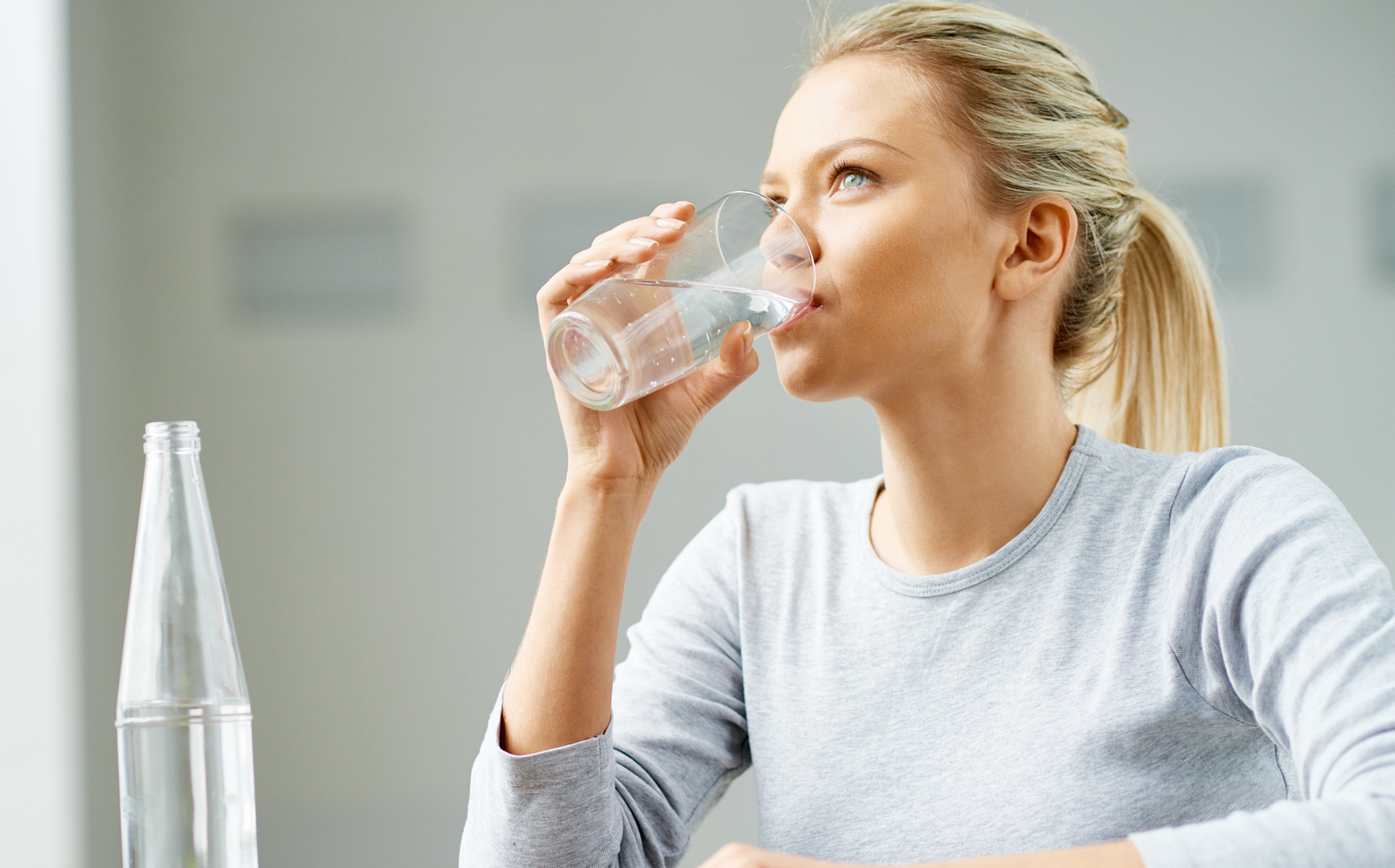
2. Only Drinking Water When You Feel Thirsty
Thirst is a sign that the body is already dehydrated. Waiting until you’re thirsty to drink water can place excessive strain on your kidneys over time. According to Dr. George Bakris, a nephrologist at the University of Chicago, “Waiting until you feel thirsty can increase osmotic pressure in the blood, forcing the kidneys to work harder to filter toxins.”
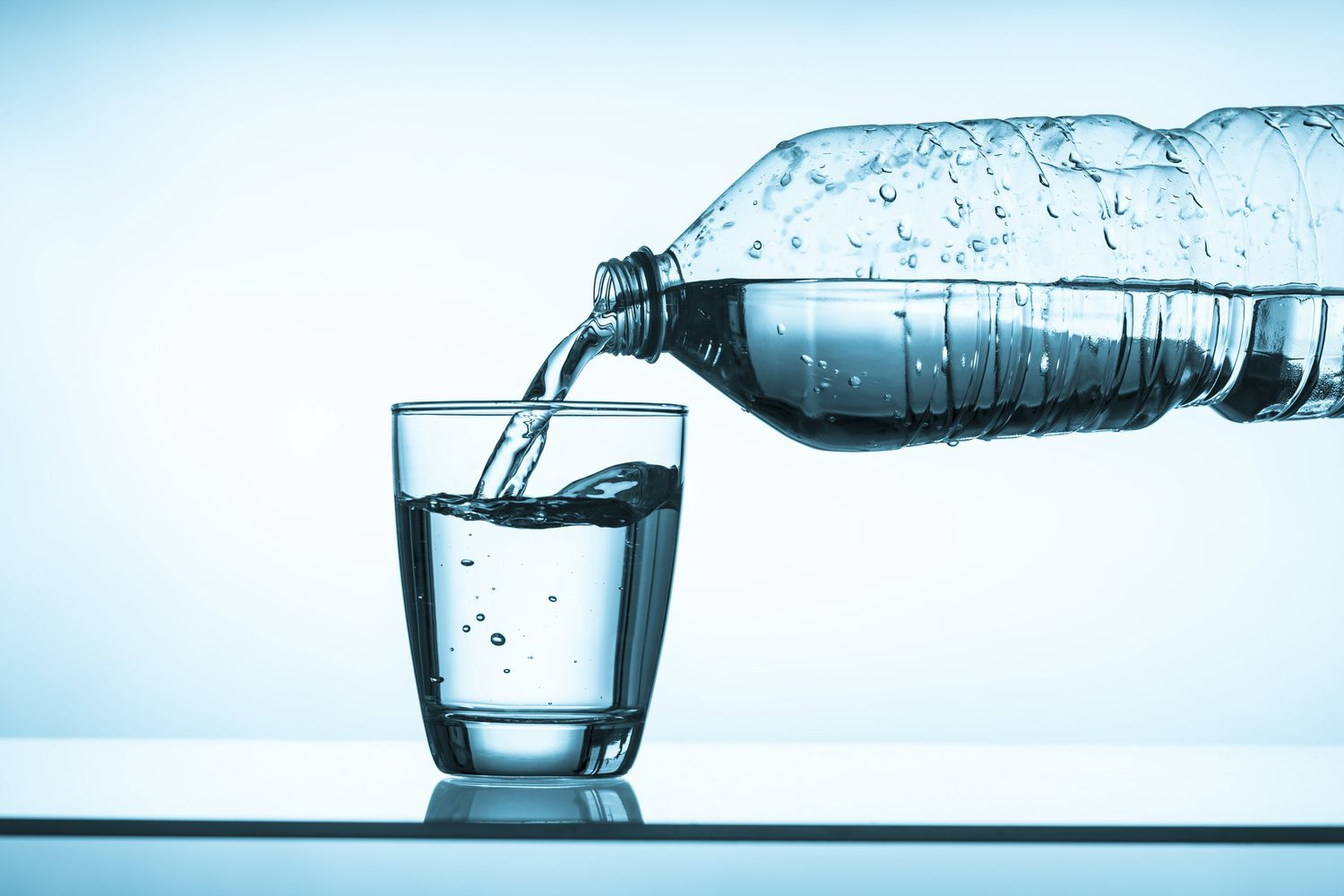
3. Drinking Water Too Quickly or in Large Amounts at Once
Some people have a habit of consuming a large amount of water at one time—such as in the morning or after exercising. This can cause temporary “water overload,” dilute the blood, and sharply lower sodium levels, putting stress on the kidneys. According to the Mayo Clinic, this condition can lead to hyponatremia, a serious electrolyte imbalance that disrupts kidney and neurological function.
4. Drinking Too Much Water Before Bedtime
Drinking water in the evening is important, but consuming too much right before going to bed can lead to frequent nighttime urination. This disrupts your sleep and affects the kidneys’ ability to regulate bodily functions. Dr. Michael Breus, a sleep specialist in the U.S., notes that this can also interfere with the urinary system’s natural circadian rhythm and may even contribute to bladder inflammation.
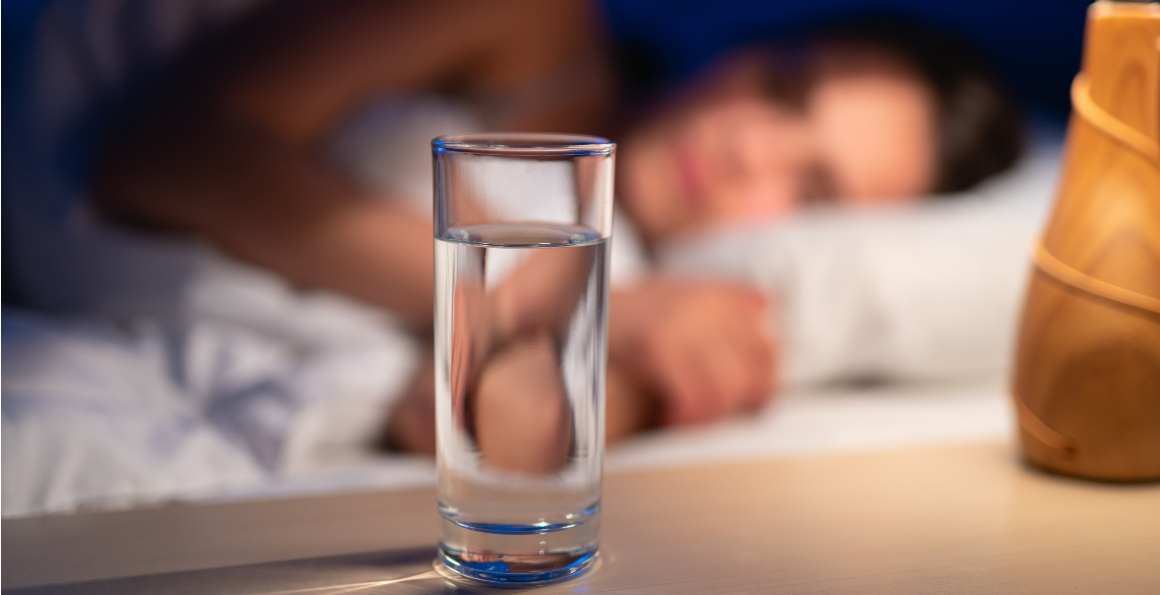
5. Overusing Soda or Sugary Drinks Instead of Water
Replacing plain water with sugary drinks, sodas, or energy drinks can disturb electrolyte balance and increase the risk of kidney stones and kidney damage.
Young people, in particular, often prefer soda, energy drinks, or carbonated beverages over water. These drinks are high in sugar, caffeine, and phosphoric acid—all of which contribute to kidney stone formation and disrupt electrolyte balance. A study published in the Clinical Journal of the American Society of Nephrology found that consuming more than two cans of soda a day significantly increases the risk of chronic kidney disease.
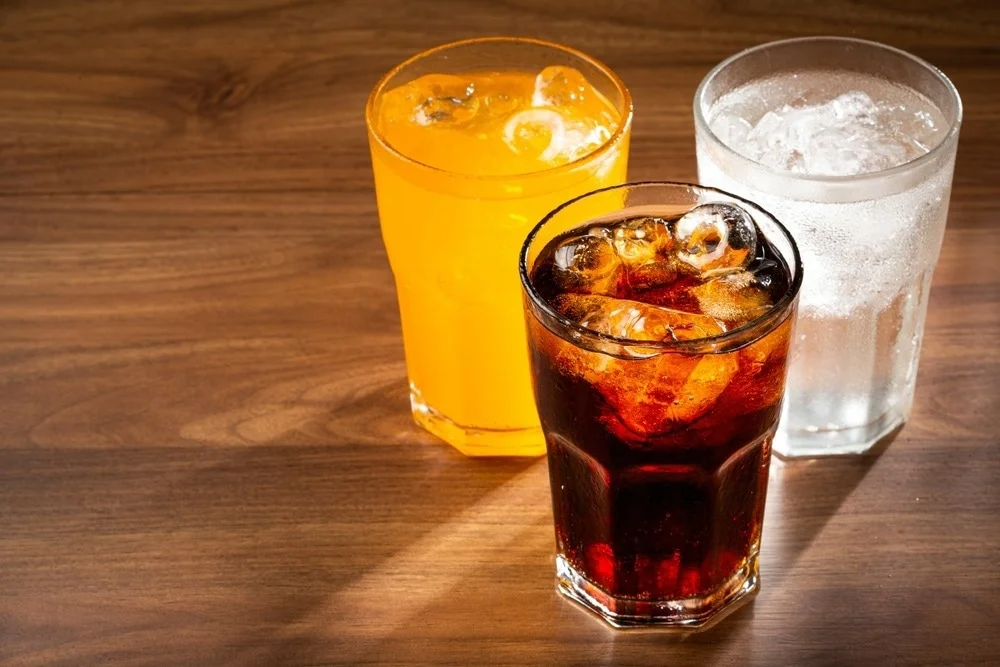
6. Drinking Water While Eating Excessively Salty Foods
Eating a high-salt diet causes the body to retain water and forces the kidneys to work harder to eliminate excess sodium. Simply drinking water to “balance out” a salty meal won’t help if sodium intake remains high. Dr. Hiroshi Nishiura of Kyoto University Hospital in Japan advises reducing sodium intake rather than relying on water alone to counteract the effects of a salty diet.
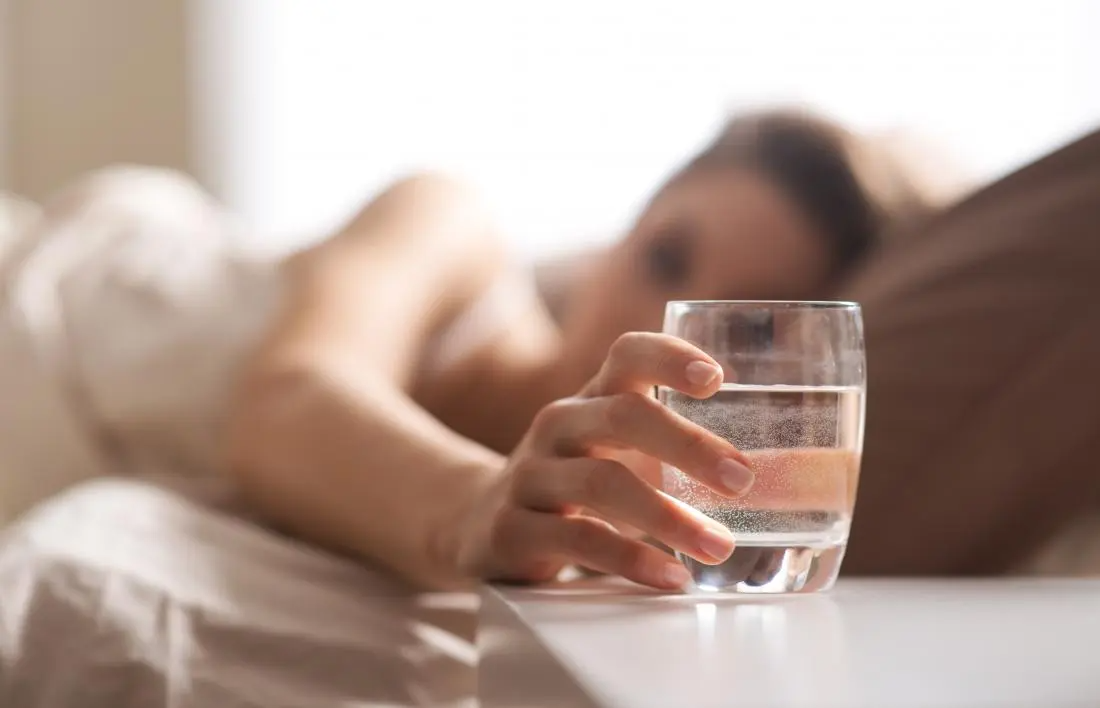
Maintaining Proper Hydration Habits Is Key to Long-Term Kidney Health
Drinking water consistently, in the right amounts, and at the right times—preferably plain water—is the golden rule recommended by healthcare professionals. If you notice warning signs like reduced urination, dark-colored urine, or lower back pain, it’s important to have your kidney function checked to avoid serious complications.
(Sources: Healthline, Mayo Clinic)


